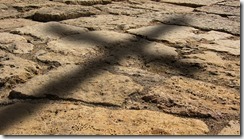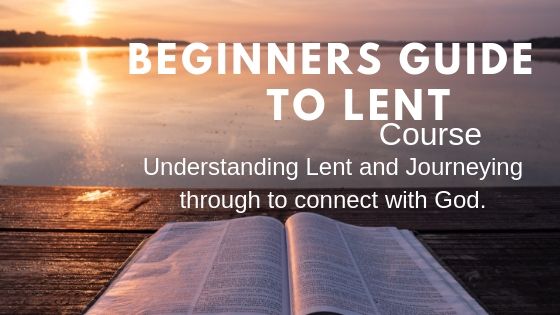 Sometimes our own actions and attitudes are the greater enemy.
Sometimes our own actions and attitudes are the greater enemy.
Yes, there is an enemy out there that is contributing to your problems. But, there is also an enemy that many of us are unwilling to consider.
There was an individual who once shared this story with me. ‘I was doing the dishes in our home and cleaning up. During this time I was getting upset with my spouse, and placing much blame. Then I asked myself the question, ‘What have I done to contribute to the situation? The individual added, ‘It was a sad realization though, of how much I was contributing to my own frustration, and bringing tension to the relationship.’
What if instead of searching out an enemy or blaming the enemy out there, we began to reflect on what “I” have done or are doing that has contributed to the perceived problem.
“There is in each of us a propensity to find someone or something outside ourselves to blame when things go wrong” The Fifth Discipline: The Art & Practice of The Learning Organization
We live in a time where we are very quick to blame others. Whenever there is a problem it is caused by the enemy out there. It is always someone else’s fault. Think about your relationships and when conflict comes, is your first thought they or I? When you have a business problem, is the first thought they or I?
At the beginning of the Biblical story we see Adam blaming Eve and Eve blaming the snake. We seem to try and transfer blame first, believing the enemy is out there.
We need to understand that the enemy is not always out there. We can perceive problems as externally caused, but what if our own actions and attitudes may be coming back to hurt us? I understand that sometimes we have done nothing to the enemy, and they are just lashing out at us and hurting us. However, I want to challenge the idea that it is someone else’s fault for how I reacted, or for my attitude.
This is important to understand because it can help defuse a heated argument. It can help us get unstuck and lead to personal growth. It can help your business by really understanding why something did not work out how you thought it should.
Understanding that the enemy is not always out there can lead to change that brings wholeness. Understanding that the enemy is not always out there can help you get out of the valley.
Some things to consider:
· Hit the Pause button – where can you take a deep breath and take steps back to see the full picture. This is self-evaluation.
Questions to ask:
- How has your attitude contributed to the situation?
- What actions have you taken that could have poured fuel on the fire?
- Why do you think that person did that action or reacted in the way they did?
- What attitudes and actions contributed to the problem?
Jesus put it this:
“Why do you look at the speck of sawdust in your brother’s eye and pay no attention to the plank in your own eye?” (Matthew 7:3)
This was not to say that the fault lies with you and you alone. In a way he is saying the enemy is not always out there. He is calling Jesus followers to understand how similar you are to that other person. At the same time, there is a reality check that you may not be able to change that other person, even if you point out their sin. You can however change yourself, and if you are going to point out a weakness or sin in another, be humble to take correction yourself.
By understanding this and asking the above questions, and by correcting your own contributions to a situation, you can take steps to greater wholeness and life success.
Do you have any great self-evaluation question to ask?



 mortality, our sin and how the gospel is the only answer.
mortality, our sin and how the gospel is the only answer.